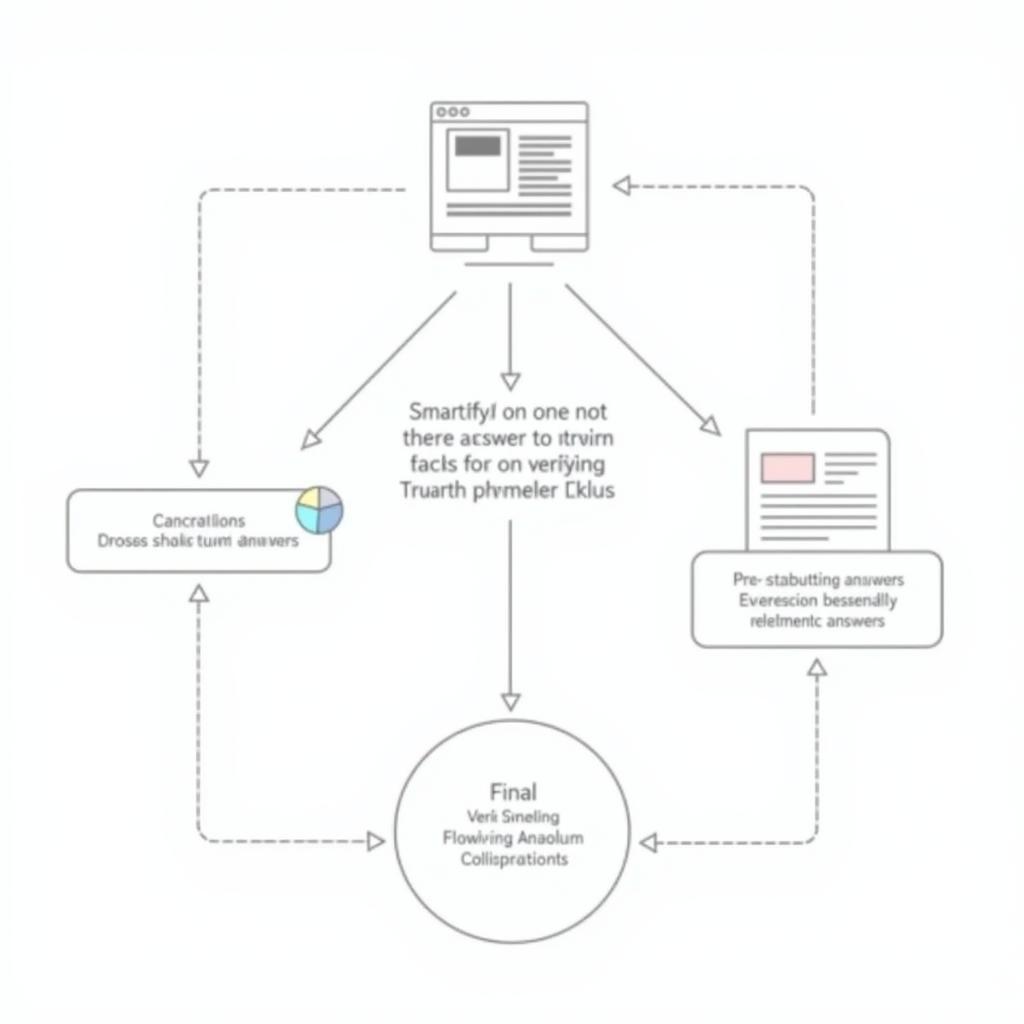The IELTS Reading section often presents candidates with questions requiring complex, multi-layered answers. Success in handling these challenging questions demands both strategic thinking and precise execution. In this comprehensive guide, we’ll explore proven techniques to tackle complex answer questions effectively and boost your IELTS Reading score.
Understanding the Nature of Complex Answer Questions
Complex answer questions in IELTS Reading typically involve multiple elements, requiring candidates to identify and combine various pieces of information from the passage. These questions often appear in formats such as:
- Multiple matching questions
- Summary completion with multiple blanks
- Table/diagram completion with interconnected information
- Sentence completion requiring detailed understanding
handling time pressure in reading effectively becomes particularly crucial when dealing with these intricate question types, as they demand careful attention to detail while maintaining good time management.
Essential Strategies for Complex Answers
1. Breaking Down the Question
Before attempting to answer, dissect the question into its component parts:
- Identify key words and phrases
- Determine the number of elements required
- Understand the relationships between different parts
- Note any specific instructions or conditions
2. Systematic Information Location
When searching for complex answers:
- Scan for key terms and related synonyms
- Mark relevant sections in the passage
- Cross-reference information between different paragraphs
- Verify connections between related points
handling reading passages with technical details provides additional insights into managing complex technical information effectively.
3. Answer Verification Process
Implement a thorough verification process:
- Check each component of your answer individually
- Ensure all parts work together coherently
- Verify against the original passage
- Review for grammatical consistency
Advanced Techniques for Complex Questions
Multiple-Part Question Management
how to answer multi-part questions clearly offers detailed guidance on handling questions with multiple components. Key approaches include:
- Creating a mental map of required information
- Using structured note-taking
- Maintaining logical connections between parts
- Double-checking answer coherence

Dealing with True/False/Not Given Elements
Complex questions often incorporate elements of True/False/Not Given reasoning. strategies for answering true/false/not given provides essential techniques for these challenging question types.
Common Pitfalls and How to Avoid Them
1. Overlooking Critical Details
- Solution: Create a checklist for each answer component
- Double-check all elements before finalizing
- Mark key information as you read
2. Time Management Issues
- Allocate specific time for complex questions
- Use strategic reading techniques
- Practice efficient information location
3. Answer Inconsistency
- Ensure logical connection between parts
- Verify grammatical agreement
- Check for contradictions
strategies to deal with IELTS true/false/not given questions provides additional guidance on maintaining consistency in complex answers.
Practice and Preparation Tips
- Regular Timed Practice
- Set specific timeframes for complex questions
- Practice with increasingly difficult passages
- Review and analyze mistakes
- Answer Format Familiarization
- Study example answers and their structures
- Practice different question types regularly
- Learn to recognize pattern variations
- Vocabulary Enhancement
- Build academic vocabulary
- Learn common synonyms and paraphrasing
- Practice identifying contextual meanings
Conclusion
Mastering complex answer questions in IELTS Reading requires a combination of strategic thinking, careful attention to detail, and systematic practice. By implementing these techniques and maintaining consistent practice, you can significantly improve your ability to handle these challenging question types effectively. Remember, success comes from both understanding the question requirements and executing your response with precision and confidence.